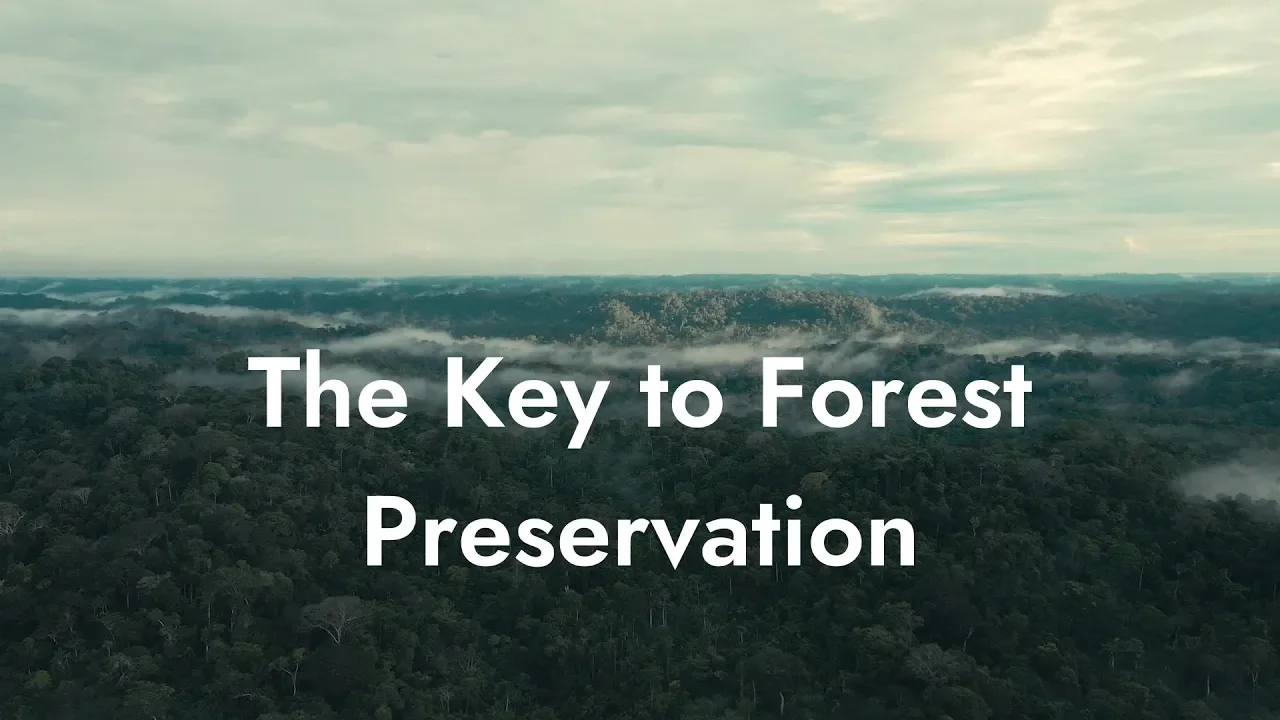The Dialogue brought together policymakers, regulators, civil society representatives and academics from across the globe to explore and progress the evolving landscape of private sector transition plans. Transition plans are strategic, forward-looking documents that are part of overall corporate strategy, setting out how firms will respond and contribute to the transition to a low-emissions and climate-resilient economy.
Over three days, ITPN Dialogue participants engaged in a series of structured discussions focused on the role of transition planning and transition plan disclosures in global efforts to address climate change.
Participants explored the latest transition plan developments from standard setters and governments, examined how transition plans can be used as a tool to support different policy and regulatory goals, and identified key blockers and solutions for how transition plans support the scaling of transition finance.
The importance of information flows between national sectoral pathways and private sector transition planning, as well as the need to incorporate adaptation and resilience into transition plans, were also key discussion points across the Dialogue.
There was consensus among participants, including those from emerging markets, that transition planning and disclosure is beneficial. Transition plans are increasingly seen as essential for climate-aligned decision-making, helping organisations align internally, manage risk, and support long-term value creation. Investors and corporates alike recognise the potential of transition plans: the most cited barrier to transition finance by asset owners is the lack of credible and feasible plans, and recent survey data shows UK firms believe delivering on transition plans will boost competitiveness.
Building on this consensus, the discussions highlighted there is a clear need to strengthen the evidence case and understanding around the benefits of transition plans. There is appetite across different jurisdictions to put in place transition plan regulations and guidance. However, a clearer articulation of their value and impact is needed to support these efforts. Demonstrating how transition plans can support transition finance and the allocation of capital, especially into emerging markets, is particularly important.
In response, the ITPN is drafting two papers on how transition plans mobilise finance. The first paper, due to be published in November, sets out existing trends and evidence points. For example, it includes findings that show 63% of global investors are allocating, or planning to allocate, funds to “transitioning” companies with high emissions that also have a credible transition plan, as well as research from Oxford showing that having credible transition plan elements may lower the cost of debt in the energy and utility sector. A second paper will follow in Q1 2026, featuring new research and evidence on this theme.
Alongside demonstrating the benefits of transition plans, continued convergence around shared global norms for transition planning and transition plans disclosures is essential. The IFRS Foundation’s decision to take responsibility for the Transition Plan Taskforce (TPT) disclosure related material was welcomed, with many Dialogue participants looking forward to the now-published guidance on disclosures about transition plans. This guidance provides clarity and support for entities disclosing transition plan information in over 35 jurisdictions that are using or aligning with the ISSB Standards in their own jurisdictions. The ITPN will soon publish an interactive map on its website showing which jurisdictions are putting in place transition plan requirements or guidance.
Since the Dialogue, there have been further examples of jurisdictions drawing from international guidance and best practice, with the UK consultation on climate-related transition plan disclosures considering the use of TPT and the Australian Treasury’s draft climate-related transition planning guidance drawing on IFRS and TPT while taking into account local contexts. These examples reflect insights from the Dialogue on the potential for private sector transition planning to be strengthened when national policy contexts and sectoral pathways are taken into consideration, alongside the need for cross-government and cross-sector coordination within jurisdictions, moving forward.
As co-host of the inaugural Dialogue, the Villars Institute is proud to have helped bring key stakeholders together to advance transition planning. With momentum building and collective efforts shifting from ideas to action, we look forward to continuing to provide a platform to deepen collaboration, surface challenges and solutions, and help shape the next steps toward a more sustainable and resilient future.










